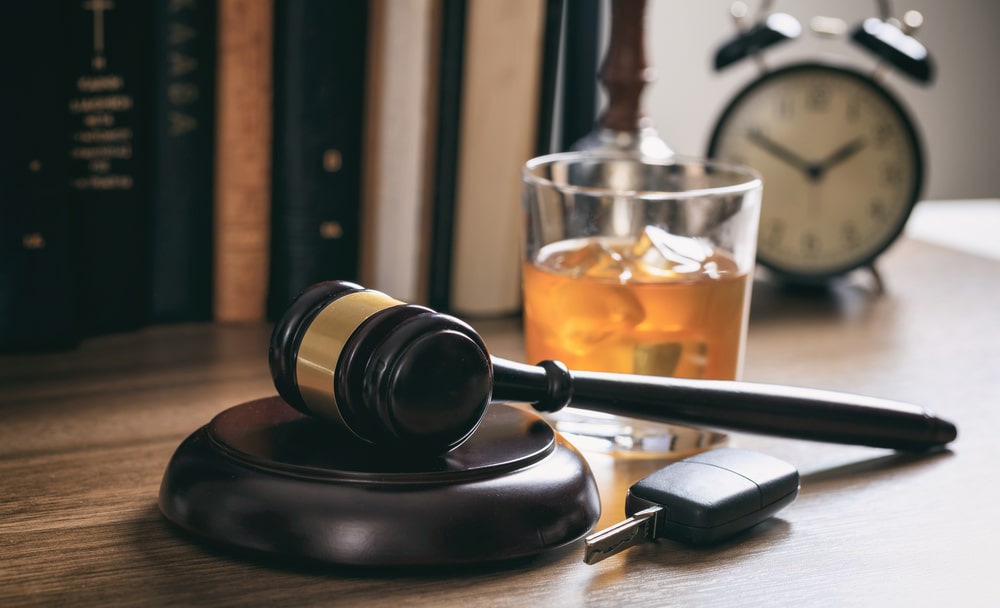DUI checkpoints are a common law enforcement tool used to catch impaired drivers. However, being stopped at a checkpoint and subsequently charged with a DUI does not automatically mean a conviction. Various defenses can be employed to challenge DUI checkpoint cases. This guide will explore the nature of DUI checkpoints, potential defenses, and the importance of hiring an experienced DUI attorney.
Understanding DUI Checkpoints
DUI checkpoints, also known as sobriety checkpoints, are locations where law enforcement officers stop vehicles to check for signs of impairment. These checkpoints must adhere to specific legal standards to ensure they do not violate drivers’ constitutional rights.
Key Characteristics Of Legal DUI Checkpoints
- Public Notice: Law enforcement must announce the checkpoint in advance, often through media outlets or public postings.
- Neutral Criteria: Officers must use a predetermined method to stop vehicles, such as stopping every fourth car, to avoid random or biased stops.
- Safety Measures: Checkpoints should be clearly marked, well-lit, and designed to ensure the safety of both officers and drivers.
- Supervision: A supervising officer must be present to oversee operations and ensure compliance with legal standards.
Potential Defenses Against DUI Checkpoint Cases
- Challenging the Legality of the Checkpoint:
- If the checkpoint did not comply with the required legal standards, any evidence obtained may be inadmissible in court. This includes failure to provide public notice, lack of supervision, or arbitrary vehicle stops.
- Lack of Probable Cause:
- Even at a legal checkpoint, officers must have probable cause to conduct a DUI investigation. If there were no clear signs of impairment (e.g., slurred speech, bloodshot eyes), the stop and subsequent testing could be challenged.
- Improper Field Sobriety Tests:
- Field sobriety tests (FSTs) must be administered correctly. If the officer failed to provide proper instructions or administered the tests under inappropriate conditions (e.g., poor lighting, uneven surfaces), the results may be questioned.
- Inaccurate Breathalyzer Results:
- Breathalyzer devices must be properly maintained and calibrated. Any issues with the device’s maintenance records or the officer’s administration of the test could lead to the exclusion of the breathalyzer results.
- Violation of Constitutional Rights:
- The Fourth Amendment protects against unreasonable searches and seizures. Any violation of these rights, such as an illegal stop or detention, can result in the dismissal of evidence obtained during the checkpoint stop.
- Medical Conditions or Substances:
- Certain medical conditions or substances can affect breathalyzer or FST results. Providing medical documentation or expert testimony to explain how a condition or substance influenced the results can be a strong defense.
The Importance Of Legal Representation
Defending against DUI checkpoint cases requires a thorough understanding of both DUI laws and the specific legal standards governing checkpoints. An experienced DUI attorney can:
- Evaluate the Case: Review all aspects of the checkpoint stop and DUI investigation to identify any legal violations or weaknesses in the prosecution’s case.
- File Motions to Suppress Evidence: Challenge the admissibility of evidence obtained during the checkpoint stop if legal standards were not met.
- Negotiate with Prosecutors: Work to reduce charges or secure a plea deal that minimizes the impact on the accused’s life.
- Represent in Court: Present a strong defense in court, cross-examining witnesses, presenting evidence, and making persuasive arguments to the judge and jury.
Being charged with a DUI at a checkpoint can be daunting, but it is not a guaranteed conviction. Various defenses are available to challenge the legality of the checkpoint, the administration of sobriety tests, and the accuracy of evidence. If you find yourself facing such charges, it is crucial to seek the assistance of an experienced DUI attorney like our friends at Garrett, Walker, Aycoth & Olson, Attorneys at Law. With the right legal representation, you can navigate the complexities of DUI checkpoint cases and work towards the best possible outcome.



